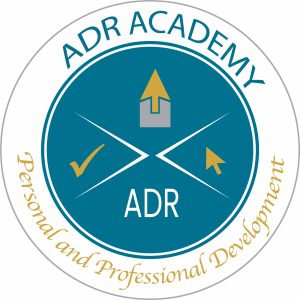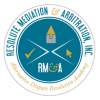Description
This course covers the stages of the mediation session, expected conduct, and expectations from the parties and the mediator.
Duration: 5 Hours | 5.5 Continuing Mediation Hours (Ethics, Diversity)
Wikipedia- Mediation is a structured, interactive process where an impartial third party assists disputing parties in resolving conflict through the use of specialized communication and negotiation techniques. All participants in mediation are encouraged to actively participate in the process. Mediation is a “party-centered” process in that it is focused primarily upon the needs, rights, and interests of the parties.
The mediator uses a wide variety of techniques to guide the process in a constructive direction and to help the parties find their optimal solution. A mediator is facilitative in that she/he manages the interaction between parties and facilitates open communication. Mediation is also evaluative in that the mediator analyzes issues and relevant norms (“reality-testing”), while refraining from providing prescriptive advice to the parties (e.g., “You should do…”). Much depends on the mediator’s skill and training.
The National Mediation Board (NRB) lists 8 Stages.
- Stage 1: Intro and Opening Statements
- Stage 2: Presenting the Case
- Stage 3: Developing the Issue Statement
- Stage 4: Discussing Interests
- Stage 5: Brainstorming – Options
- Stage 6: Caucus – Evaluate Options
- Stage 7: Building Consensus – Agreement
- Stage 8: Sign off and Closing
The National Mediation Board (NMB), established by the 1934 amendments to the Railway Labor Act of 1926, is an independent U.S. federal government agency that facilitates labor-management relations within the nation’s railroad and airline industries. Pursuant to the Railway Labor Act, NMB programs provide dispute resolution processes to effectively meet its statutory objectives: avoiding interruption to commerce or to the operation of any carrier; forbidding any limitation upon freedom of association among employees; providing for the prompt and orderly settlement of all disputes concerning rates of pay, rules, or working conditions; and providing for the prompt and orderly settlement of all disputes growing out of grievances related to the implementation and management of collective bargaining agreements.





